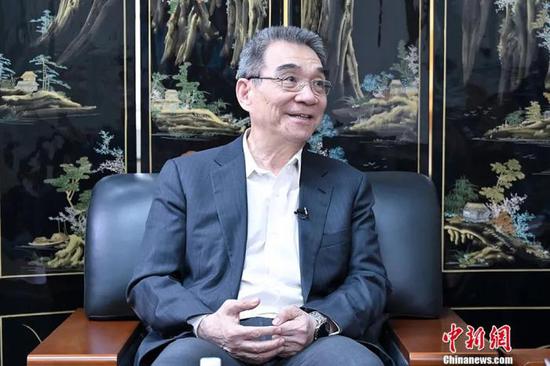
By Pang Wuji from CNS
Justin Yifu Lin is the dean of the Institute of New Structural Economics, dean of the Institute of South-South Cooperation and Development, and professor and honorary dean of the National School of Development at Peking University. A former senior vice president and chief economist of the World Bank, he is also founding director of the China Center for Economic Research at Peking University, where he taught for 15 years. He is a state councilor, a senior position in the State Council, China’s cabinet and a member of the Standing Committee of the Chinese People’s Political Consultation Conference, the top body advising the government. Justin Yifu Lin is the author of more than 20 books.
The gap between the Chinese economy and the U.S. economy narrowed down in 2020, as China’s GDP rose to about 70 percent of the United States’. Two decades ago, it was only about one-tenth of that.
The change indicates China’s rise. When a rising China meets a ruling United States, how will the global competition pattern change? Can China and the United States escape the Thucydides Trap?
Justin Yifu Lin thinks that China’s rise has been achieved in a peaceful way, unlike the “law-of-the-jungle” approach adopted by the West for its own development. It, therefore, provides a new possibility—that development can be achieved in a peaceful and mutually beneficial way.
He also thinks that contrary to the “China threat theory,” China’s rise will help build a new, stable international landscape and environment in which all countries can develop together. He is optimistic that China-U.S. relations will improve in 2050 and in this article he explains why.
The “Latecomer Advantage”
How long can it take for a country whose industries lagged in every respect to become the world’s second largest economy, the largest trader in goods and the biggest holder of foreign exchange reserves?
In China’s case, it took less than 40 years. In 2012, China’s total GDP at constant prices was 24.5 times higher than in 1978, and its share in the world economy increased from 1.8 percent to 11.5 percent. In the decade since then, China’s economy has continued to grow at a high rate.
How did China create such an economic miracle? What has it done right? It remains a riddle for economists.
Scholars say China’s sustained high economic growth defied the rules of Western economics. If evaluated with the Western criteria of development, such as the state should not have absolute power, the judiciary should be independent, and the property rights of individuals should be protected, China should not be among the top countries and yet it achieved this economic miracle. How did such a paradox happen?
According to Lin, Western economics is mostly a set of rules that the Western countries summarized from their own development experiences. However, it overlooks a key issue—that the opportunities and challenges that the developed West face are different from those encountered by the developing countries.
For example, Western countries emphasize market and property rights protection. The reason is that since the industrial revolution, they have been world leaders in technology and economic growth depends on technological innovation. To achieve technological innovation, they have promoted research and development for more inventions. The investment in research and development can be protected only if the inventions are protected.
While there is a technology gap between developing and developed countries, the former can access the mature technologies and industries of the latter. That also involves some technological innovation but the cost and risks are much less than if they had to invent these technologies themselves. In this way, they can achieve more rapid technological progress than progress in domestic inventions, and that’s the “latecomer advantage” of developing nations. The bottlenecks for invented technology and introduced technology differ greatly; therefore, the areas and ways in which the government and the market play a critical role are also bound to be different.
Traditionally, the Chinese have the mentality of “learning from the West,” thinking that they can learn from the Western experience and use it to build their country and make it prosperous and strong like the Western countries.
But after World War II, very few developing economies caught up with the developed countries. Mainstream Western theory thinks the successful developing countries or regions followed “incorrect” policies. However, the countries that did adopt the policies regarded as “correct” by the West turned out to be largely unsuccessful.








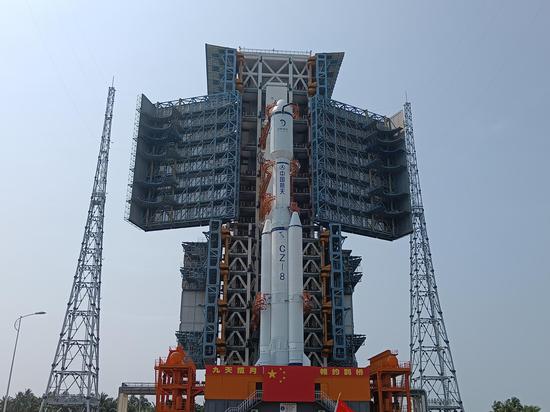
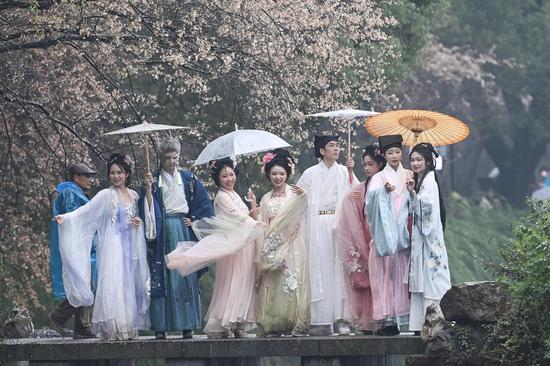





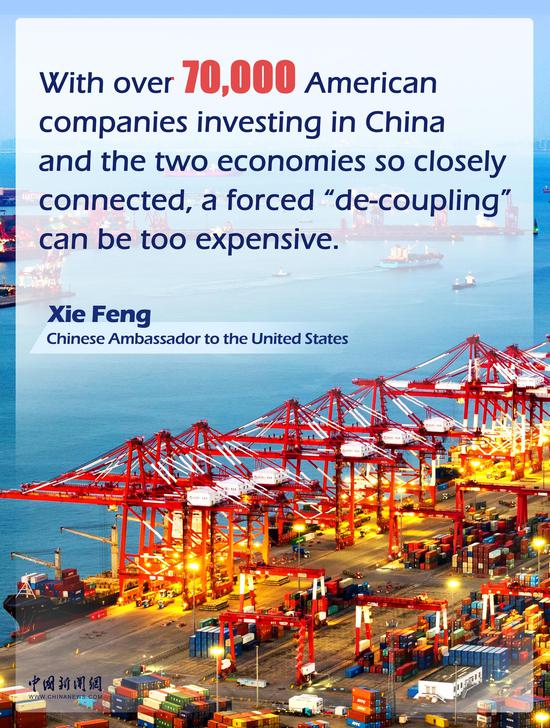

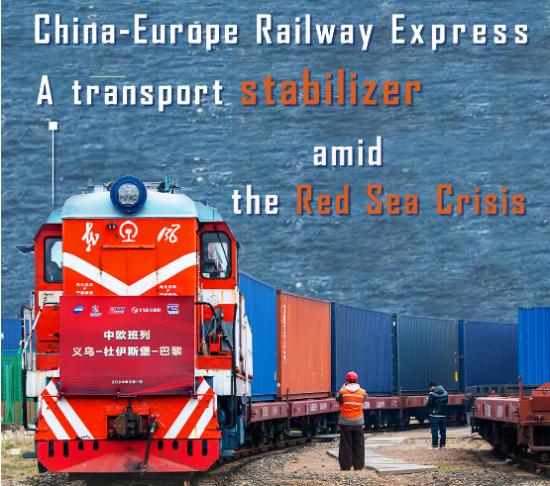
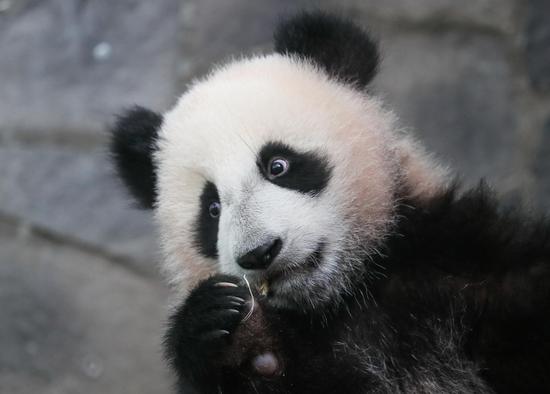



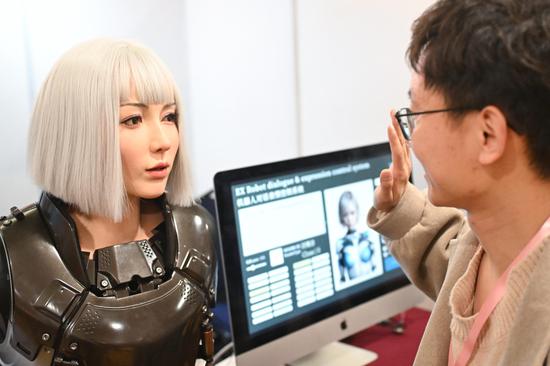

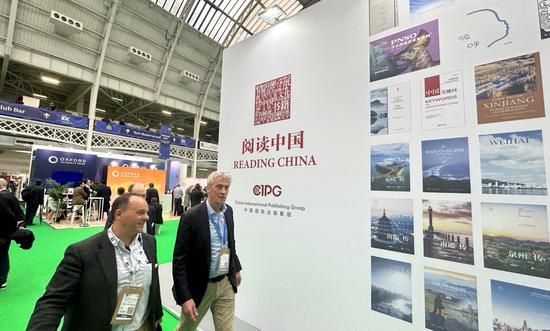


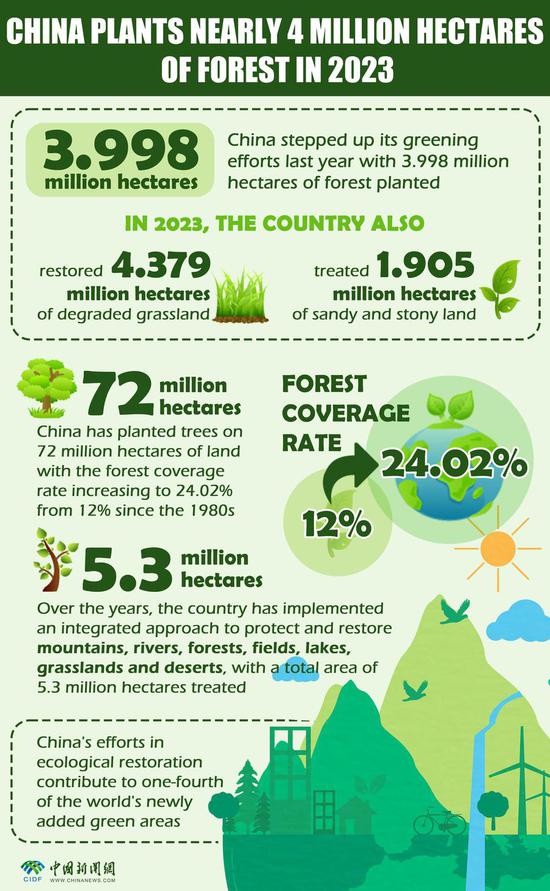
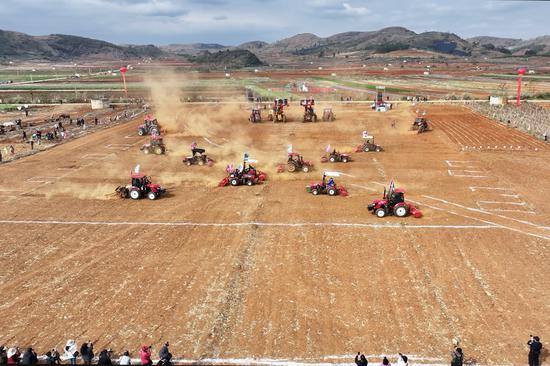

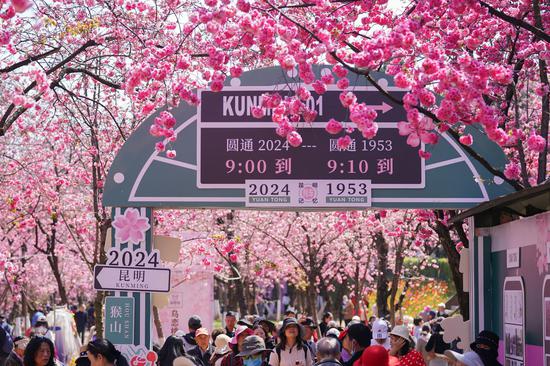
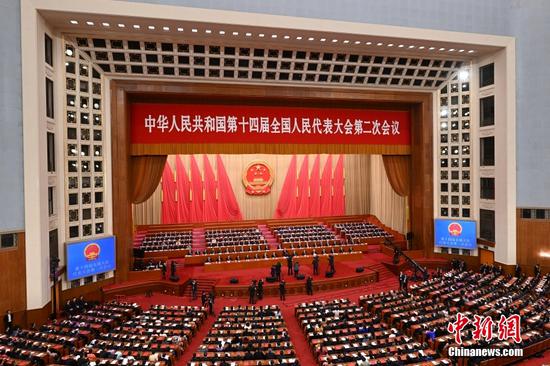

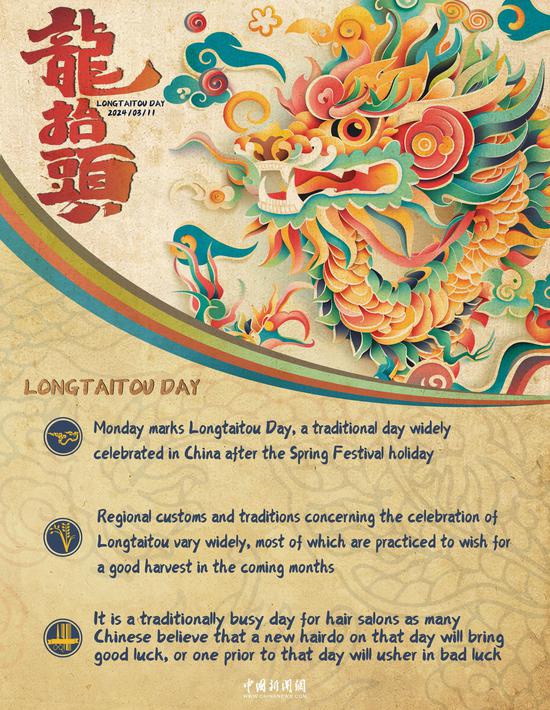

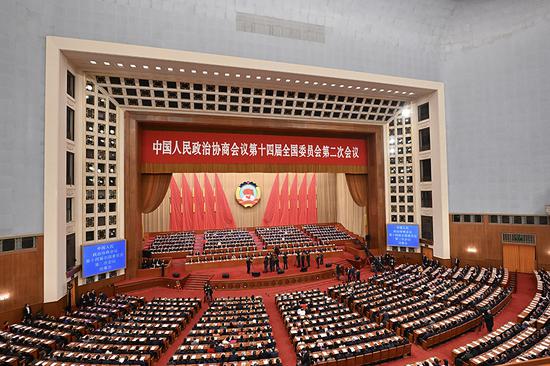
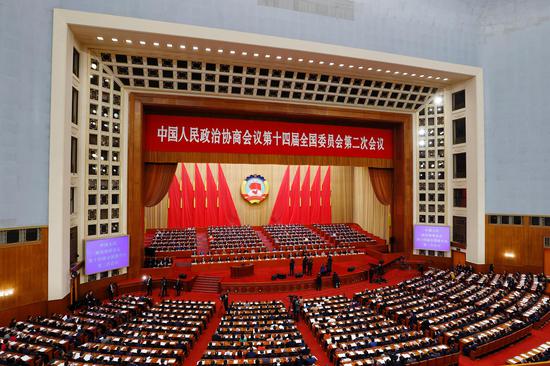

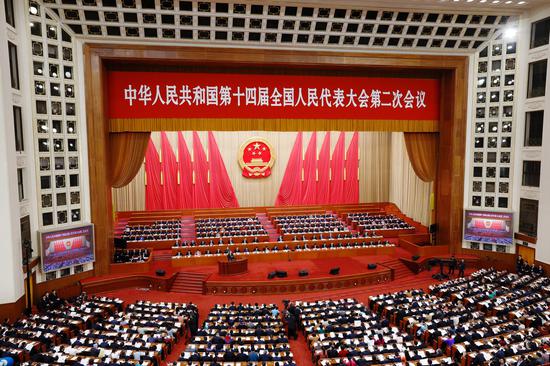
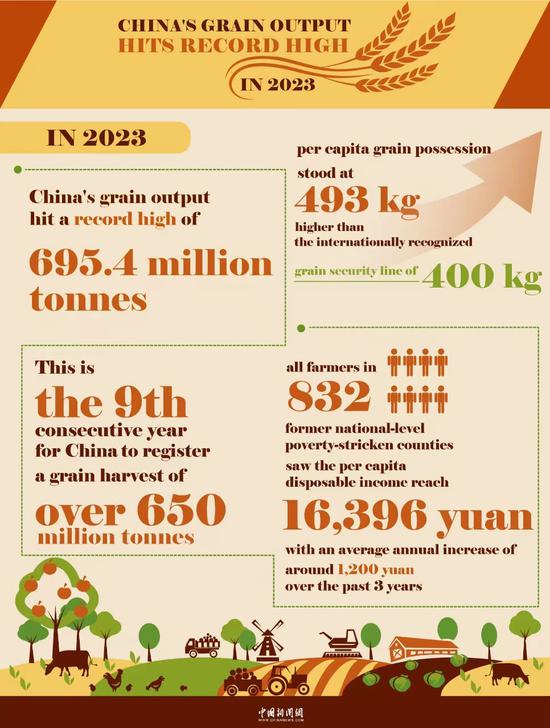
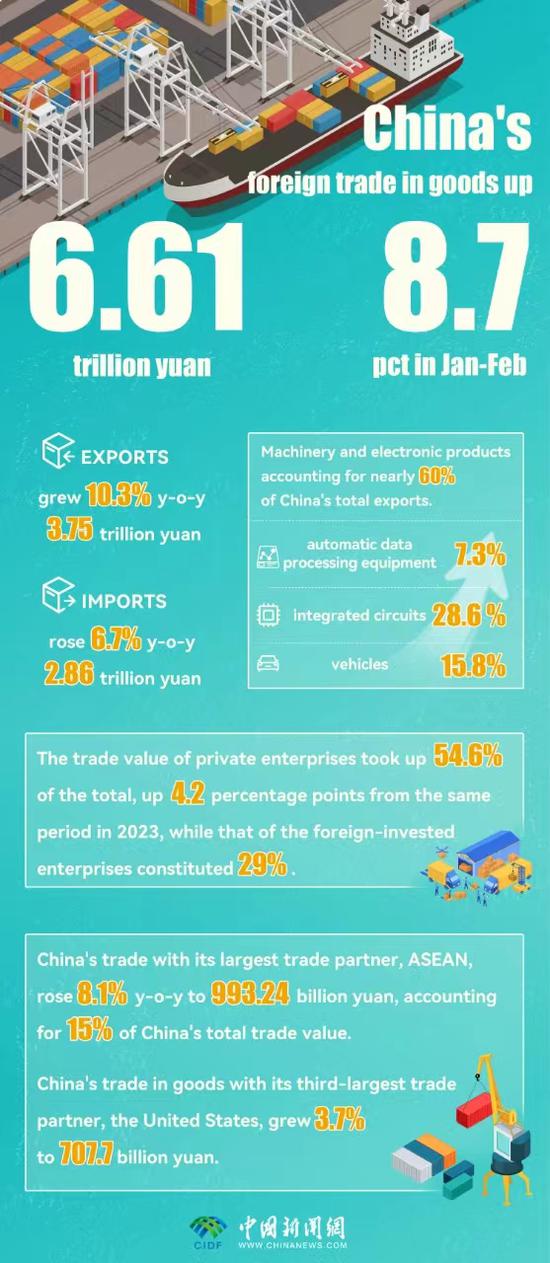
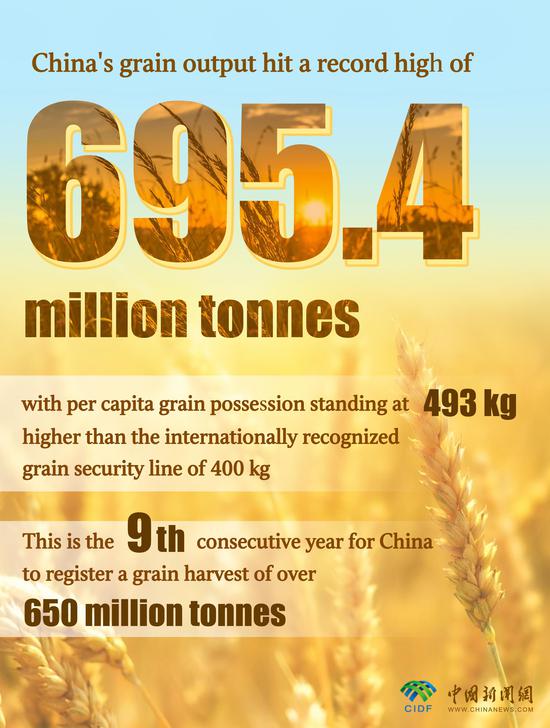
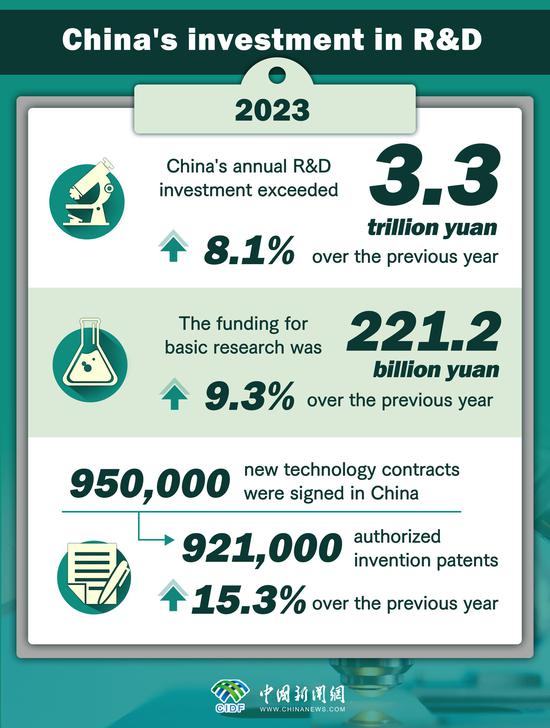
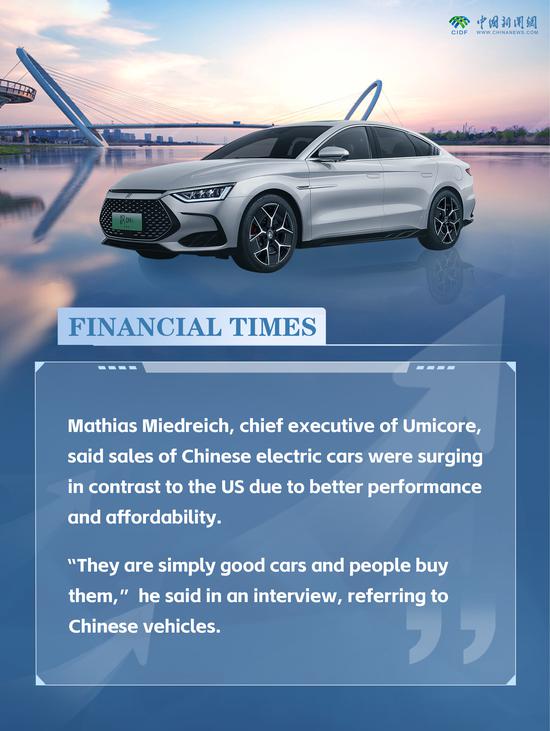
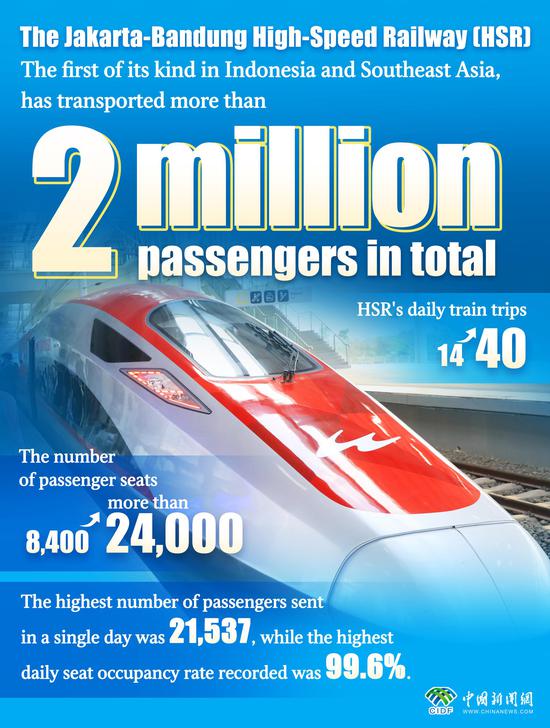





 京公网安备 11010202009201号
京公网安备 11010202009201号